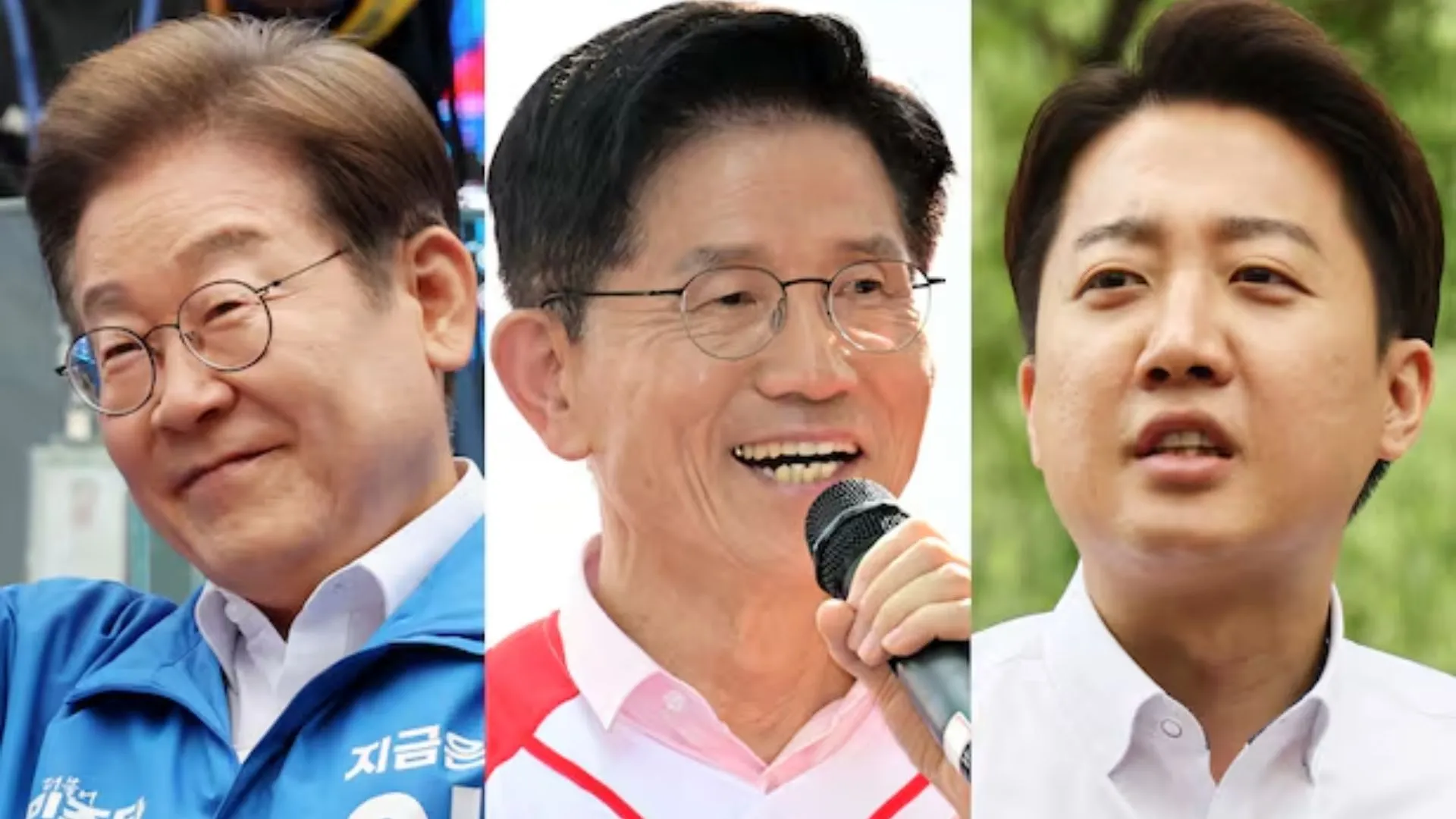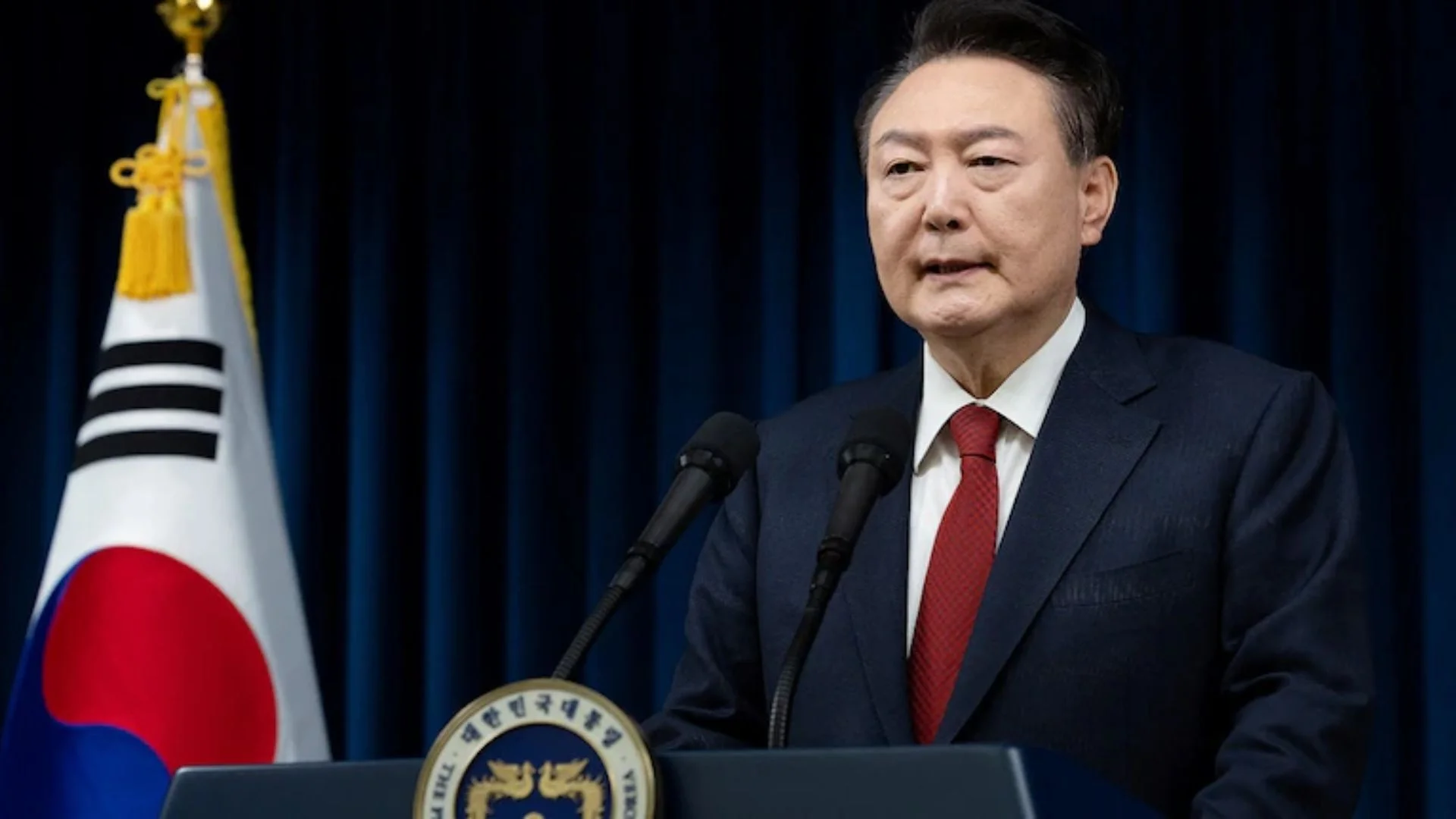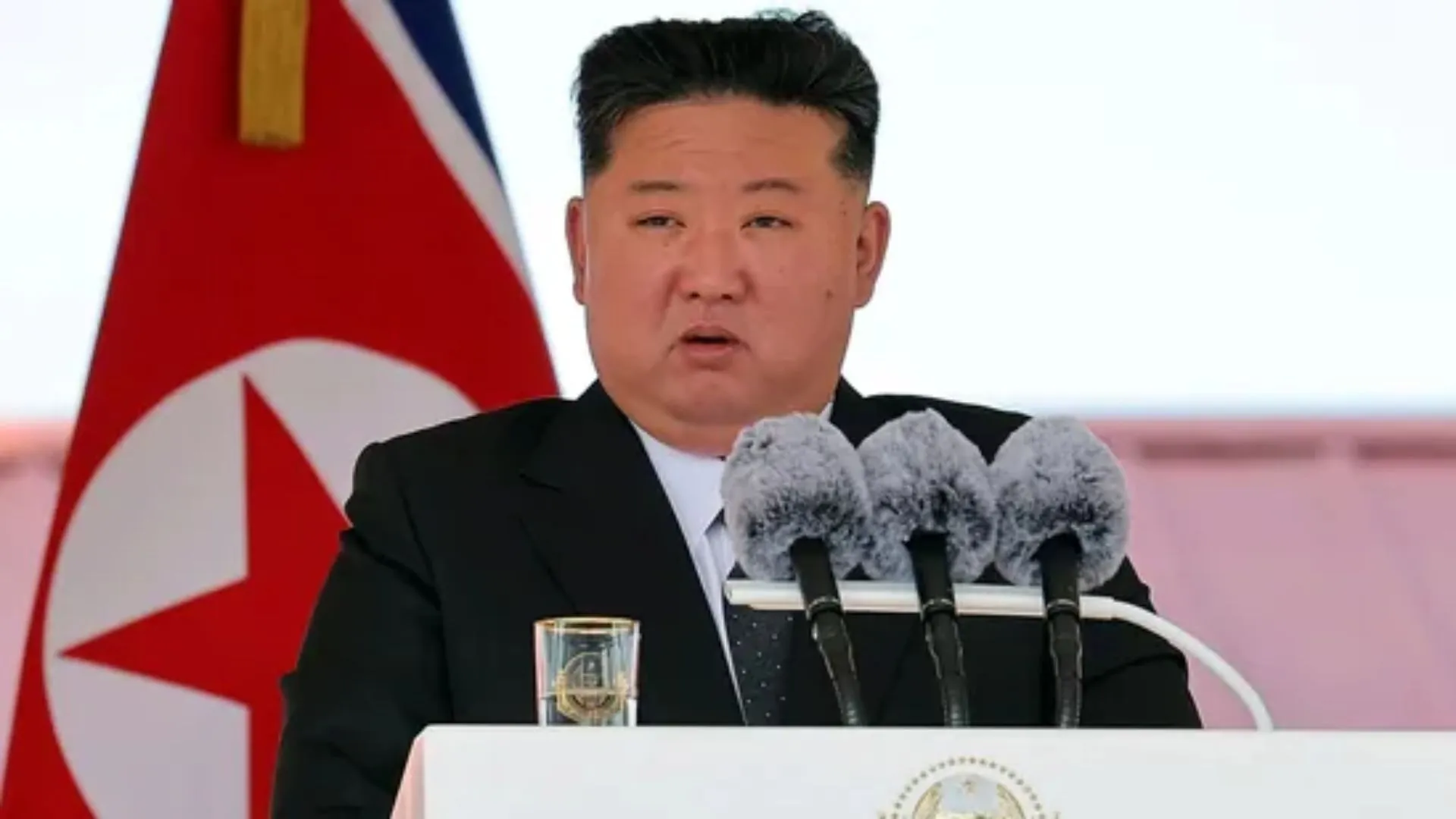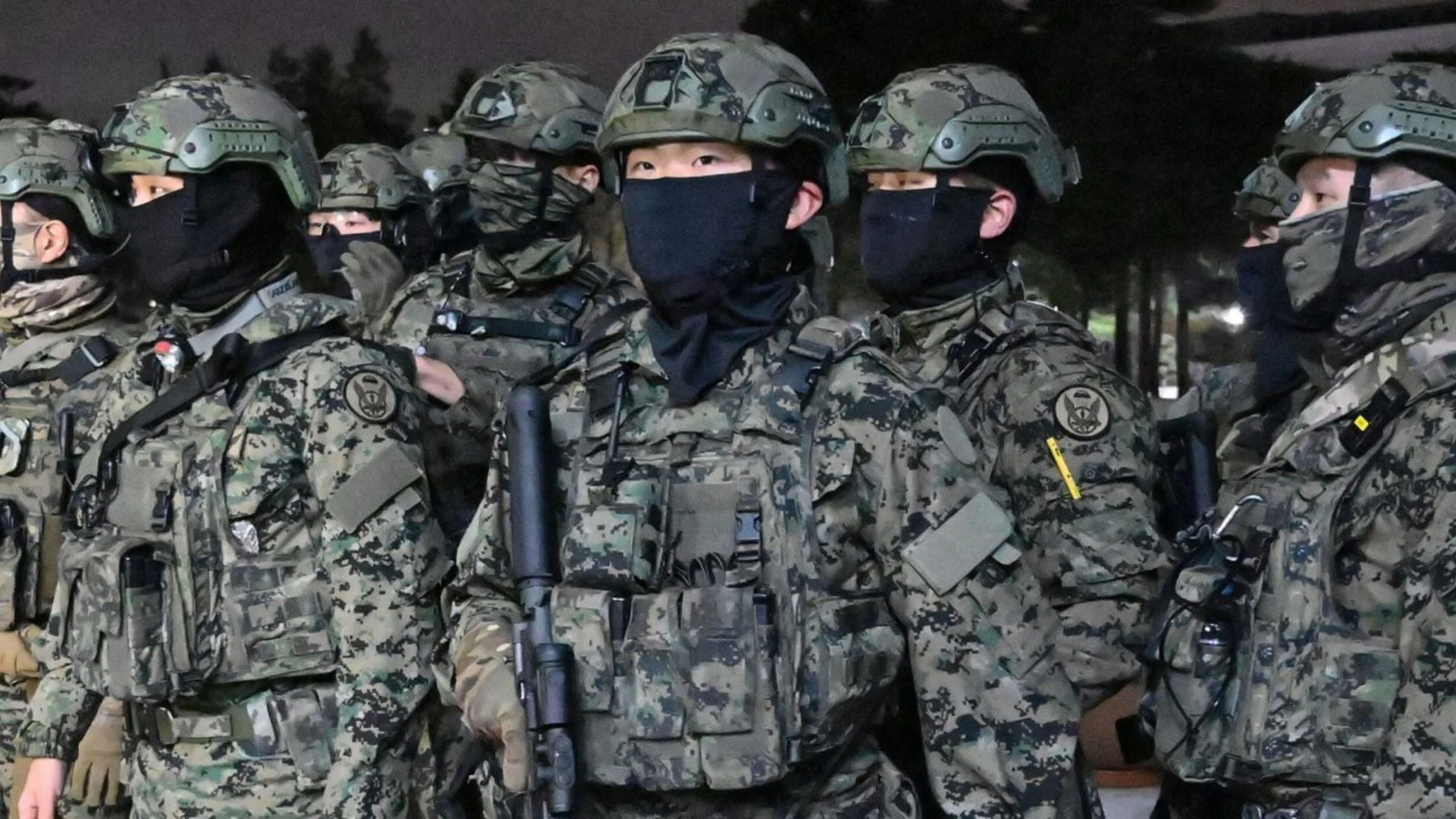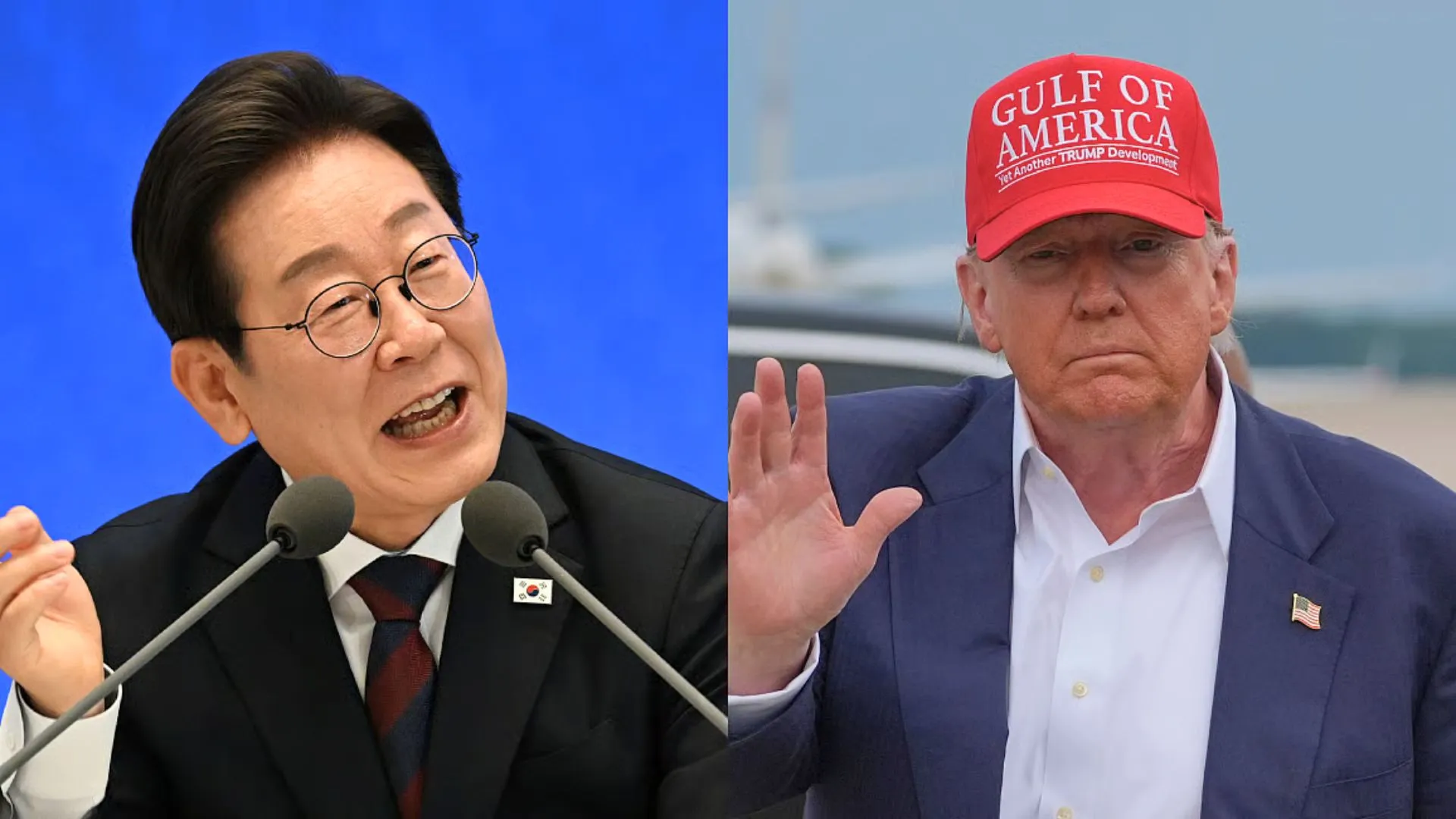South Korea will conduct an early presidential election on June 3, 2025, following the impeachment and ousting of President Yoon Suk Yeol. The election is been done two years earlier than planned, after Yoon Suk Yeol’s unpopular move to declare martial law in December 2024. The move caused public wrath, parliamentary impeachment, and finally his removal by the Constitutional Court in April 2025.
According to South Korea’s constitution, a presidential election should take place within 60 days upon the vacancy of the presidency. Moving with speed, the government fixed June 3 as the date of the poll.
Why the Snap Poll Was Called?
Yoon Suk Yeol‘s administration was cut short in disarray. In December 2024, he proclaimed martial law on grounds of national security. But citizens and legislators roundly criticized the move as an authoritarian abuse of power.
By January 2025, his impeachment was approved by the National Assembly. In April, the Constitutional Court upheld it, stripping him from office permanently. The presidency was vacant, and the constitutional process for a new election was triggered.
Early Voting Sees Strong Turnout
South Korea’s National Election Commission held early voting on May 29 and May 30. More than 12 million of the country’s 44.3 million eligible voters cast their ballots over the two days. This robust turnout indicates high civic participation in the transition to democracy after months of political turmoil.
Key Contenders in the South Korea Election
There are three key contenders are in the snap election:
Lee Jae-myung, the Democratic Party. A former governor and veteran labor rights activist, he previously ran for president.
Kim Moon-soo, of the conservative People Power Party. He was a minister in previous governments.
Lee Jun-seok, leader of the new Reform Party, staking a claim as a centrist alternative.
What’s at Stake?
The result will determine South Korea’s future, both in and out of the country. Some of the important issues are relations with the United States, China, and North Korea, along with internal debates over democratic reform.
The election is a turning point for South Korean democracy—both as a referendum on public trust and as an opportunity to turn the page after a polarized presidency.

